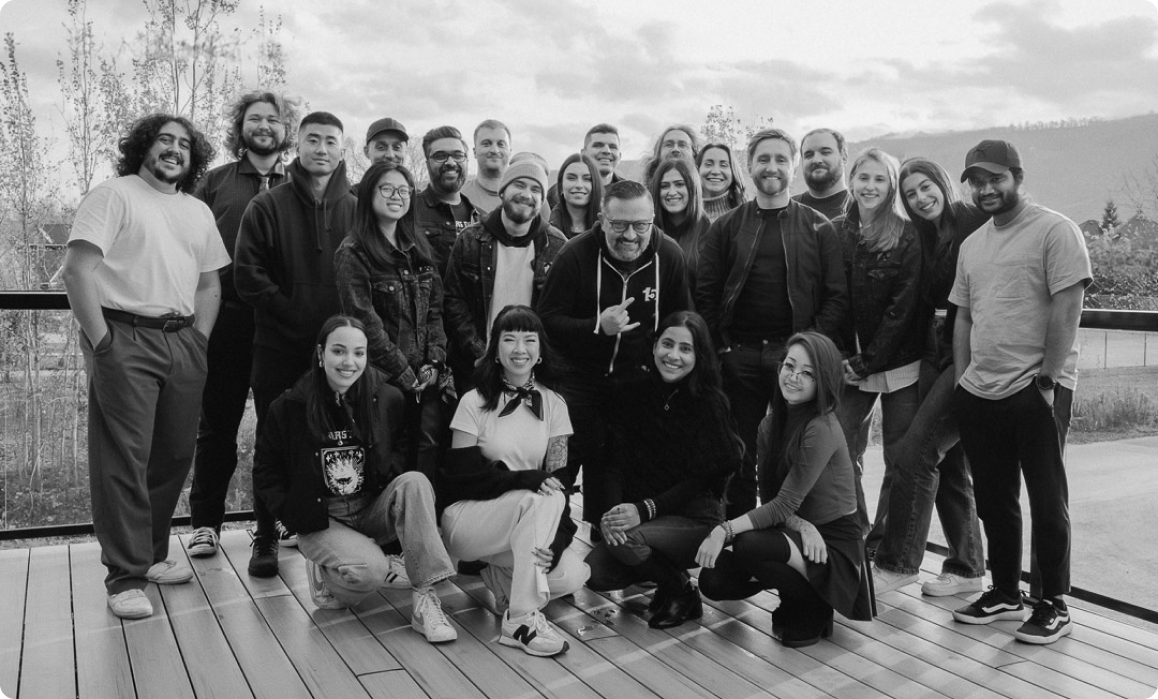May. 20, 2021
How to Combat Information Overload and Burnout in Marketing
Information overload and burnout: two buzzwords that are all too common and relatable in the marketing world. Scientifically put, information overload occurs when more information is presented than a person has the ability to process and handle. Similarly, burnout describes the state of mind that results from long-term, unresolved stress and in turn has a negative impact on both work and your personal life. Burnout has even been referred to as an occupational phenomenon—that’s when you know it’s real.
If you just read all of that and felt incredibly seen and understood, this article is for you. The marketing world is often inundated with new information, updates, and changes, which force employees to constantly be on their A-game. The reality is that the ever-changing world of marketing can be exhausting and lead to those feelings of burnout that we, of course, are all looking to avoid at all costs.
Hopefully, this article will not only bring you peace of mind knowing you’re not alone but also leave you with tips and tricks to combat the inevitable information overload and burnout employees may face in the marketing world.
Keep it simple
In this day and age, there is an immense amount of information constantly being bombarded upon us. A recent study showed that 25% of workers are experiencing significant stress, 36% reported poor health, and a shocking 68% of managers shared that their personal and professional relationships are taking a hit—all due to the sheer volume of information these employees are required to process in a short amount of time.
While the amount of information coming in is likely not going to change, the expectations surrounding what we do with said information is where we can make beneficial adjustments. First, give yourself the freedom to tackle tasks one at a time and don’t feel pressured to deal with new information right away. Set up filters in your inbox that only allow priority emails to come through during the day. Learn to skim information and search only for the most relevant content to minimize the risk of information overload. Most importantly, give yourself grace in knowing that no one can tackle everything all at once, and taking things on one by one will benefit your mental health and productivity.
Delegate when necessary
Oftentimes we are our own worst enemy. We feel like we can take on everything that comes our way and never want to admit that there are limits to what we can accomplish in a certain period of time. The fact of the matter is that we can’t do it all, and there is no shame in delegating tasks to coworkers. If the thought of putting work onto someone else’s plate makes you nervous, try reading a book on delegation to get comfortable with the idea. Just think: giving a coworker a task essentially shows them that you have trust in their abilities and ultimately empowers them in their position to succeed.
Plan out your day
Information overload is a phenomenon that’s likely not going to end any time soon. It’s not uncommon for employees to have feelings of anxiety, detachment, fatigue, or reduced performance. All of these symptoms fall in line with burnout from work. Burnout can lead to difficulty concentrating, bad moods, lack of motivation and creativity, and a decrease in productivity.
One way to prevent burnout from approaching is to begin each day filling out an ultimate to-do list. The list should have top priorities (things you must get done that day), as well as other tasks you’d like to complete. Throughout the day if things pop up, just add them to your list. Having one spot where all of your mental notes can land will help free up the clutter in your mind and prevent burnout. The best part of having a tangible to-do list is crossing tasks off as they’re completed; it’s the little things that are the most satisfying, right?
Make time for self-care
Self-care has been a popular word these past couple of years. We all know what it is and how we should prioritize it, but do we ever actually do it? This doesn’t have to mean throwing a bath bomb in the tub and calling it a day. Self-care can be as simple as taking care of the most basic forms of health.
A form of self-care might mean carrying around a gallon of water all day to remind yourself to hydrate, or setting aside 10 minutes for a quick meditation video to unplug and refocus your eyes and mind for the second half of your day. It may also mean rescheduling that yearly eye exam you’ve been avoiding. Something as simple as purchasing new contacts can make a huge difference in your day-to-day life, especially if you’re in a position that requires you to engage with a screen all day. Looking at a computer is a leading cause of burnout and can also cause your eyes to dry out, but having new prescription contacts can help prevent both burnout and dry eye from occurring. Also, on the topic of being efficient with time, the last thing you need is to keep getting up from your desk because your eyes are bothering you, it’s a win-win
The reality is that information overload is here to stay, but the burnout that follows doesn’t have to be. Take the time to delegate tasks, write daily to-do lists, and take care of your physical, mental and emotional health. There are ways to combat the feelings of information overload and burnout if we take the time to address it.
Read More
Read More About
Book with us
Let’s accomplish what you are looking for, our team of experts are here for you.
Let's work togetherWarning: Working with our team may result in excessive creativity, uncontrollable 'aha' moments, and an addiction to perfect pixels. Please proceed with caution.



